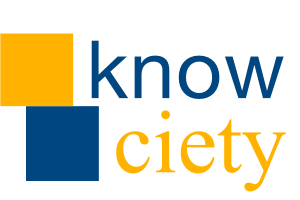More and more often algorithms determine our world. Google search is obviously based on an algorithm, movie proposals in Netflix are derived from an algorithm, the products Amazon is recommending to us are calculated by an algorithm, and our newsfeed on Facebook is determined by the Edgerank, an algorithm. And there are a lot more examples.
While algorithms are convenient (and cheap) – no human effort is needed during execution –, the question remains whether they are also effective and wise. Can you really “calculate” (and that simply is what algorithms do) human behavior? And even if one could, would we human beings want to be calculated? Or wouldn’t we just for the sake of demonstrating that our actions cannot be calculated decide differently?
And how do these algorithms change our behavior and thinking? Have you realized that you already have altered some of your actions, so that the “machine” can “understand” you? And if these algorithms just recommend to you what you like (movies, music, news articles, books, products, locations, opinions etc.), how do you ever get your sight on new thoughts which usually are much more enriching for your life?
